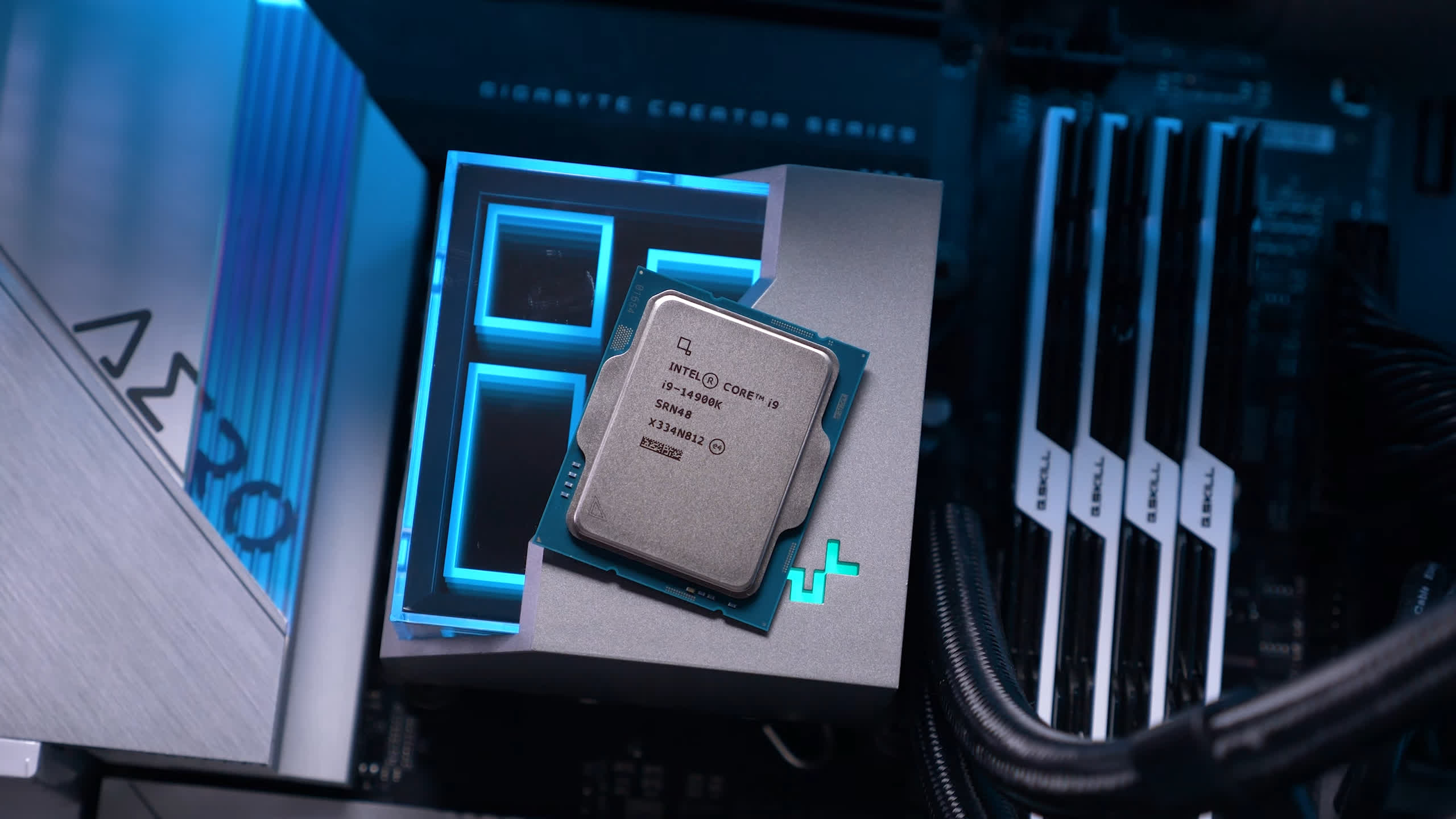Meet George Jetson: Remember when we were kids growing up with pulp science fiction and the Jetsons, thinking, "I can't wait until I grow up and can ride in a flying car?" No? Okay. Maybe it was just me. But still, weren't we supposed to have flying cars by the 21st century?
Flying taxis might soon be a thing, at least in China. Last week, a company named EHang Holdings announced it had received approval from the Chinese government to begin commercial trials for its air taxi. The E216-S looks much like a hobbyist drone but at a larger scale. The Civil Aviation Administration of China (CAAC) said that the air cab "fully complies with CAAC's safety standards and airworthiness requirements." It is the first time the CAAC has issued a certificate for a commercial UAV (unmanned aerial vehicle).
The E216-S will conduct limited tours in Xinjiang and Shenzhen. The electric VTOL (vertical takeoff and landing) can carry up to two passengers and autonomously pilot them short distances using onboard navigation and several technologies developed over the last three years. Bloomberg notes that it can fly for about 25 minutes at 62mph and has a passenger/cargo limit of about 500-600 pounds.
– Allen Wan (@allenwan290) August 17, 2022
Although the pilot program will be a trial run, the tours will not be free. EHang will charge a fee for the service, but didn't have a figure ready in its press release.
Bloomberg predicts air taxis are still a few years away for the US. In July, the Federal Aviation Administration (FAA) announced a framework to allow small commercial electric aircraft to fly passengers short distances, like around town, by 2028. Several companies, including Boeing, Wisk, Archer, and Stellantis, are set to mass-produce small VTOLs that can carry up to four passengers by 2024.
However, don't start holding your breath just yet. The FAA's proposal is not the same as approval, and there is still a long way to go for that. Take autonomous ground vehicles as an example. Considering all the testing and research done over the last several years, we still do not have self-driving cars aside from in a few cities that have allowed them.
For the most part, autonomous cars scare people. Even in San Francisco, where Cruise and Waymo have received DMV approval, the self-driven vehicles are blamed for accidents and traffic issues, whether it is the vehicle's fault or not. There is a tangible lack of public trust, so EAVs on the roads at scale are still years away. So it's easy to imagine that UAVs are just as far off, if not farther.
